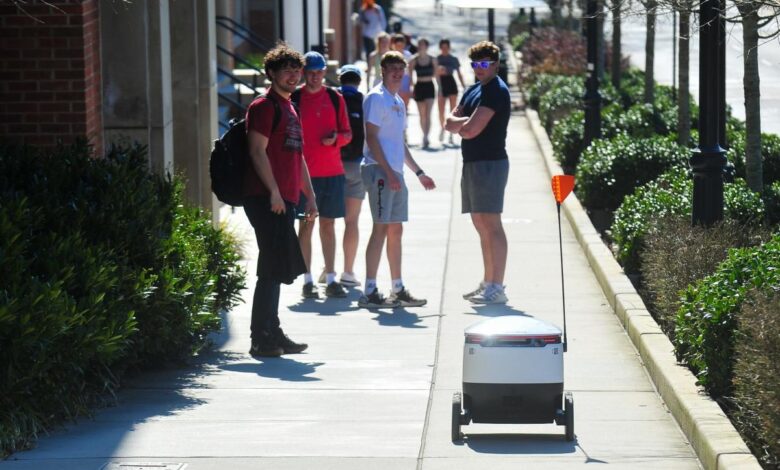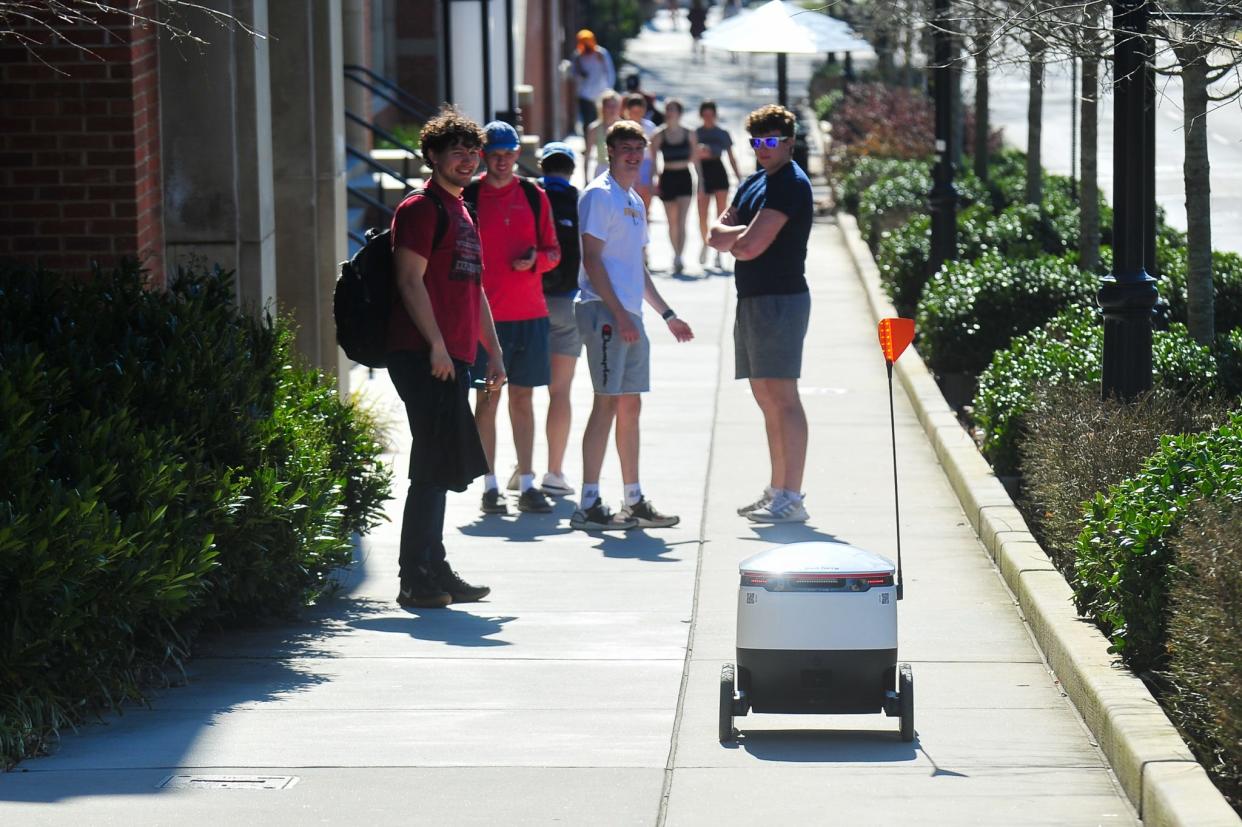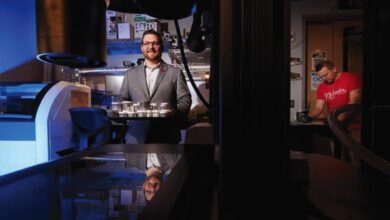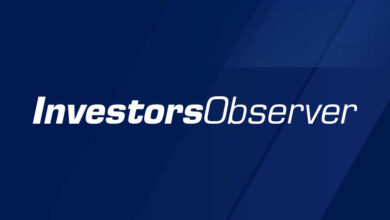Delivery robots could hit the chopping block – not city streets – if Knoxville ban passes

Food robots deliver to Vols, but they might not get hired off campus.
The food robots that roll around state-owned sidewalks at the University of Tennessee at Knoxville have been prohibited from city sidewalks for the last six months and could be banned for good by the Knoxville City Council at its April 16 meeting.
After studying what deploying robots would look like downtown, city staff have recommended that council members prohibit private companies from putting their technology on city sidewalks, citing congestion and accessibility concerns. No meal delivery robots have been deployed in Knoxville, although they operate in other cities.
Council members unanimously placed a six-month moratorium on the robots in October. The moratorium, which did not affect UT’s robots, ends April 30.
With a pause in place, city staff spoke with UT leaders, city engineers, disability advocates and tech companies to get a sense of what delivery robots would mean for downtown.
They studied the differences between UT’s campus, where wide sidewalks connect one end of campus to another, and downtown’s older and more cramped pathways.
“We do recognize that at some point, this business model or the use of personal delivery robots as we’ve defined them might make sense in Knoxville,” Carter Hall, the city’s director of strategic policy and programs, told Knox News. “We just don’t think that it makes sense right now at the intersection of available infrastructure and the operating models that we see currently used.”
A city prohibition on the robots, which deliver food or packages from stores to a user, would not affect the Starship Technology robots on UT’s campus.
Why food robots are different than electric scooters
The city’s souring on delivery robots stands in contrast with its eventual embrace of electric scooters after a moratorium and pilot program that lasted from 2019 to 2021. The pilot allowed the city to develop rules that prohibited the scooters from sidewalks and make corrals for them on streets.
Know Your Knox: What are the rules of the road for electric scooters in downtown Knoxville?
That’s not an option with delivery robots, which need to use sidewalks for their own safety and that of drivers.
Two private scooter companies, Bird and Superpedestrian, operate in Knoxville. But when it comes to delivery robots, the city might only have space for one, which Hall said isn’t ideal since it could result in less competition and quality.
The intelligent robots are packed with cameras and sensors that make them aware of their surroundings. Powered by batteries, they have been embraced by many cities as a convenient and sustainable alternative to gas-powered delivery. Still, some cities have found them troublesome and moved to restrict or outright ban them over concerns for pedestrian safety.
Knoxville city staff didn’t have direct safety concerns, but concluded after speaking with groups like the mayor’s Council on Disability Issues that the robots could cause accessibility problems when combined with trees, lamp posts and patios downtown.
“We don’t necessarily think that these would hurt anybody, but they might create congestion issues or create some other concerns that would have inadvertent safety concerns,” Hall said.
In a city like Knoxville, where the busiest commercial district also sees the most foot traffic, it’s easy to imagine a food robot struggling to navigate Gay Street or Summit Hill Drive at busy times.
Delivery bots are endearing but imperfect tech
City staff approached their research as if the robots worked perfectly, Hall said, since they were evaluating their effect rather than their function.
But the robots don’t always work perfectly. They can get stuck on uneven pavement or in crowds, show up late or leave before customers get their food or package.
Their humanoid qualities, such as their home bases where they “sleep” on campus and their ability to play “Rocky Top” for UT students, have made them an endearing part of campus life.
The robots’ operational model works well on college campuses, where students can order food from across campus while they study in the library, and dozens of universities have deployed them.
Knoxville city councilmembers will need to evaluate whether that model can translate to downtown, which city staff say won’t work well. If delivery robots are allowed, now or in the future, the city is likely to establish a permitting process for companies that want to deploy them.
Daniel Dassow is a growth and development reporter focused on technology and energy. Phone 423-637-0878. Email daniel.dassow@knoxnews.com.
Support strong local journalism by subscribing at knoxnews.com/subscribe.

This article originally appeared on Knoxville News Sentinel: Knoxville considers ban of food delivery robots on city sidewalks



